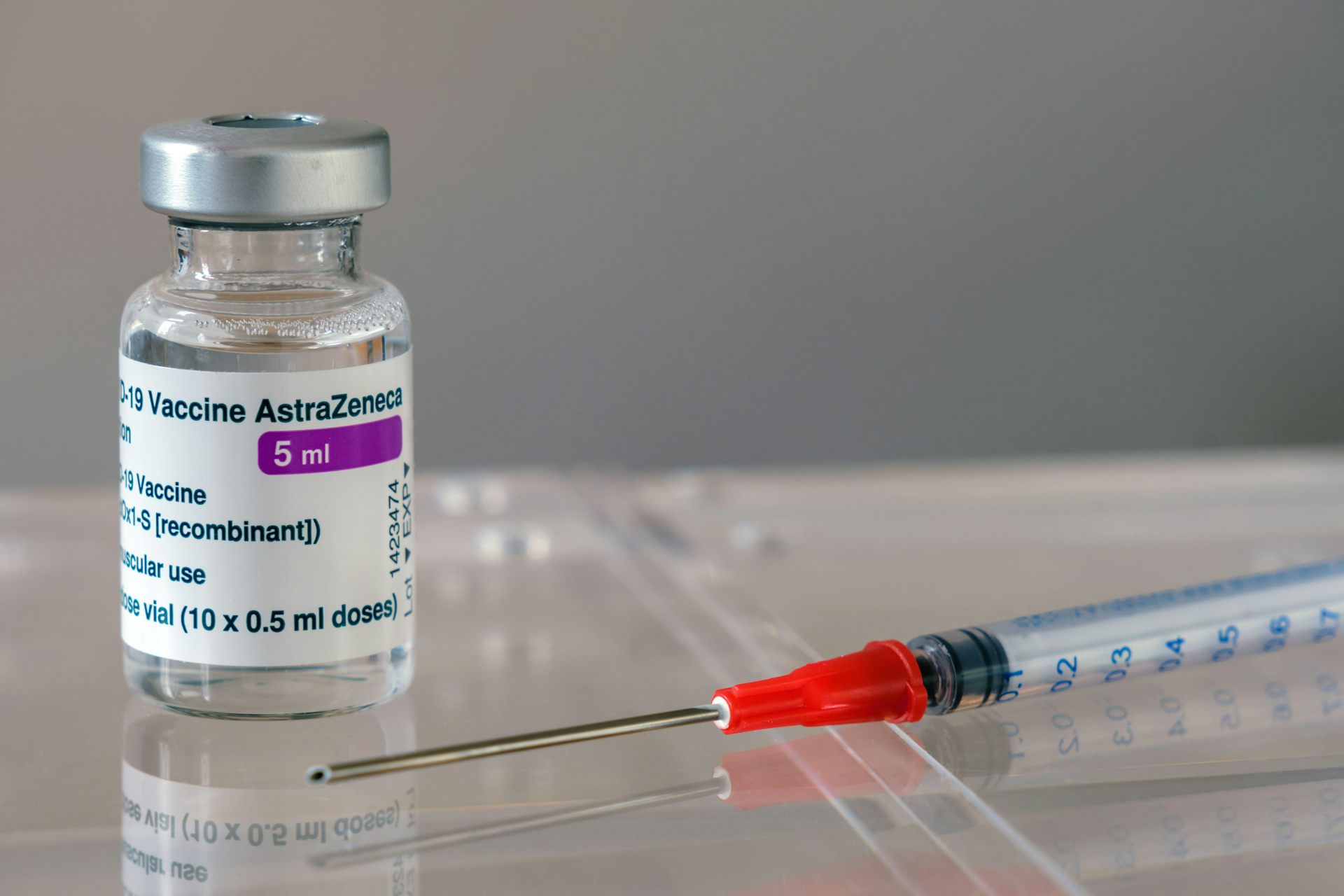AstraZeneca insists that its COVID-19 vaccine is powerfully effective even after counting additional illnesses in its U.S. study, the latest in an extraordinary public dispute with American officials. In a late-night news release Wednesday, the drugmaker said it had analyzed more data from that study and concluded the vaccine is 76% effective in preventing symptomatic COVID-19, instead of the 79% it had reported earlier in the week.
Just a day earlier, an independent panel that oversees the study had accused AstraZeneca of cherry-picking data to tout the protection offered by its vaccine. In a scathing letter to the company and to U.S. health leaders, the panel said the company had left out some COVID-19 cases that occurred in the study, a move that could erode trust in the science. Some experts said the new data provided by AstraZeneca was “reassuring” and that the information was likely solid enough for U.S. regulators to authorize the vaccine.

““AstraZeneca may have just been too hasty in submitting the earlier, incomplete interim analysis rather than waiting to analyze and submit the full dataset,” said Julian Tang, a virologist at the University of Leicester. The latter was not connected to the research. He said the updated details didn’t look substantially different from what was published earlier this week. Data disputes during ongoing studies typically remain confidential, but in an unusual step, the National Institutes of Health publicly called on AstraZeneca to fix the discrepancy.
AstraZeneca had been counting on findings from a predominantly U.S. study of 32,000 people to help rebuild confidence in a vaccine that has had a troubled rollout despite being widely used in Britain, Europe, and other countries. Previous studies have turned up inconsistent data about its effectiveness, and then last week, a scare about blood clots had some countries temporarily pausing inoculations. Most have since restarted after the European Medicines Agency said the vaccine doesn’t increase the overall incidence of blood clots. But it could not rule out a connection to some rare blood clots and issued new advice for monitoring those who get vaccinated.
AstraZeneca’s newest calculations were based on 190 COVID-19 cases during the study, 49 more than it had included earlier in the week. The company said the vaccine appears especially protective against the worst outcomes, with no severe illnesses or hospitalizations among vaccinated study volunteers compared to eight severe cases among those given dummy shots. It didn’t provide a breakdown of the rest of the cases. Some European authorities have questioned how protective the vaccine is in older adults. The company said the U.S. study was 85% effective in volunteers 65 and older. The study didn’t turn up safety concerns. The updated information “confirms that our COVID-19 vaccine is highly effective in adults, including those aged 65 years and over,” AstraZeneca research chief Mene Pangalos said. He said the company looks forward to “the rollout of millions of doses across America.”
The study hasn’t ended, so additional COVID-19 cases can still accrue. AstraZeneca cautioned that 14 different possible patients are already being examined, leading to further changes in the data. The company intends to seek Food and Drug Administration clearance for the vaccine within a few weeks. Before deciding, the FDA will publicly debate all the evidence with its outside advisers. Stephen Evans, a vaccines expert at the London School of Hygiene and Tropical Medicine, said it was difficult to understand why the dispute between AstraZeneca and U.S. officials spilled into the public. “Given the details given here, it seems an unnecessary action to have raised concerns in public,” he said. “Results fluctuate as data accumulate … what will be the FDA assessment and that will be done based on scrutiny of the full data and not press releases.” He said any vaccine with an efficacy rate above 60% is applicable.
He said it was unclear why there was “a breakdown in relations” between AstraZeneca and the independent U.S. data experts monitoring the trial and worried that could undermine confidence in the vaccine. “This vaccine is so important for global health, and the disputes do not promote global health,” he said. “At least in the short term, (this) will undermine confidence both in the U.S. and, more importantly, in the rest of the world.” Associated Press Medical Writer Maria Cheng contributed to this report from London. The Associated Press Health and Science Department receives support from the Howard Hughes Medical Institute’s Department of Science Education. The AP is solely responsible for all content.
